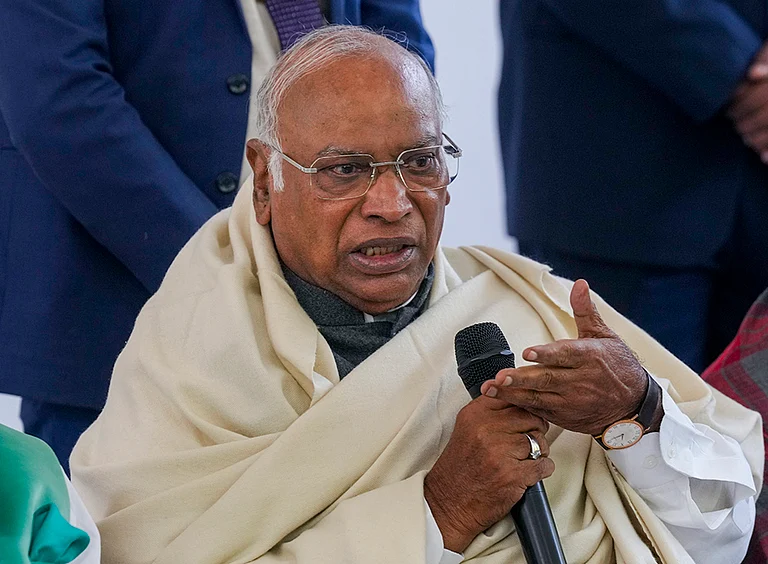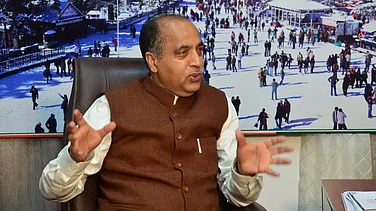India and Canada are at loggerheads following Canadian Prime Minister Justin Trudeau’s communiqué asking India to waive off diplomatic immunity for six diplomats and submit them for interrogation in the June 2023 murder of pro-Khalistan leader Hardeep Singh Nijjar.
On Sunday, after the news broke, reports also suggested that Trudeau’s allegations are based on intelligence shared among the Five Eyes — United States, Canada, the United Kingdom, Australia, and New Zealand — an alliance of five Western countries that share intelligence.
Hindustan Times reported that the Narendra Modi government is “livid at Prime Minister Justin Trudeau.” The six Indian diplomats include High Commissioner Sanjay Kumar Verma. Canadian authorities have not released names saying there is an on-going investigation into the issue.
Meanwhile, India expelled Ottawa’s acting High Commissioner Stewart Wheeler, Deputy High Commissioner Patrick Hebert along with first secretaries Marie Catherine Joly, Ian Ross David Trites, Adam James Chuipka and Paula Orjuela are the diplomats expelled by New Delhi. The Ministry of External Affairs (MEA) issued a sharp response and said Canada’s allegations were “preposterous imputations.”
Who are the Five Eyes?
Post-World War II, in 1948, five Western countries formed an intelligence-sharing network between themselves. Originally, the United Kingdom and the United States formed the group. Canada, New Zealand and Australia joined later in the 1950s. This network, also known as FVEY, focused on monitoring the Soviet Union during the Cold War and signals intelligence (SIGINT).
Since then, FVEY has grown to cover threats such as counterterrorism, cyber threats, and the monitoring of geopolitical rivals like China and Russia.
In 2013, FVEY came into focus in the media when classified documents leaked by former NSA employee and whistleblower Edward Snowden showed that the network was involved in a mass surveillance programme to monitor the citizens of its member countries.
Five Eyes countries share classified intelligence through various agencies across their territories. The agencies include the NSA (US), CSIS (Canada), GCHQ (UK), and others. Each member country focuses on monitoring specific regions. The US covers most of Asia and Latin America, while Canada oversees the Arctic and Russia’s polar regions. The alliance also facilitates cooperation through platforms like the secret database Stone Ghost and the Five Eyes Intelligence Oversight and Review Council (FIORC), which ensures oversight and explores further collaboration.
Is FVEY involved in the India-Canada Controversy?
The reports of FVEY’s involvement are mixed. According to David Cohen, the U.S. Ambassador to Canada, shared intelligence within the Five Eyes network contributed to Canada's accusations against India. However, other reports suggest that Ottawa’s decision to publicly implicate India was based on intercepted communications obtained by Canadian agencies.
The possible involvement of the Five Eyes in the Indo-Canadian diplomatic dispute reflects its growing reach. Originally designed to monitor the USSR during the Cold War, it now collects intelligence in most modern political issues.








.jpg?auto=format%2Ccompress&fit=max&format=webp&w=768&dpr=1.0)









.png?w=200&auto=format%2Ccompress&fit=max)







